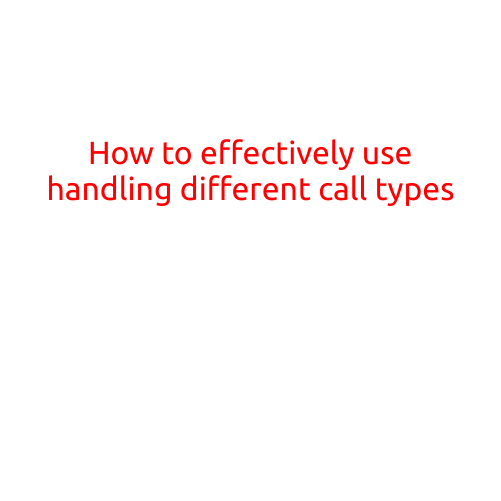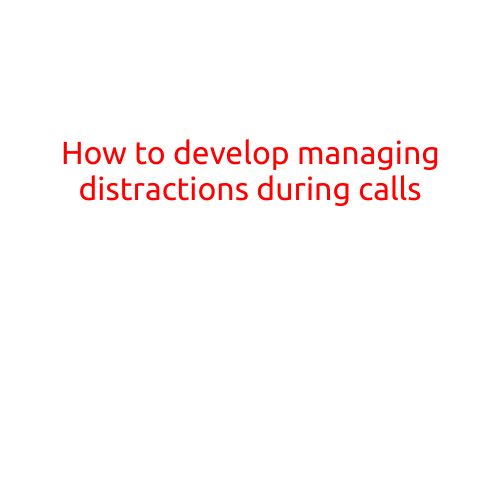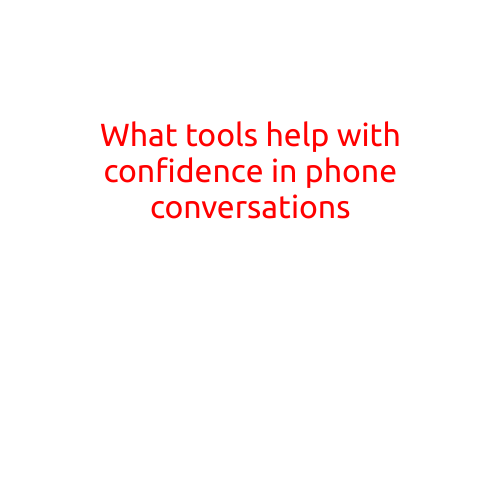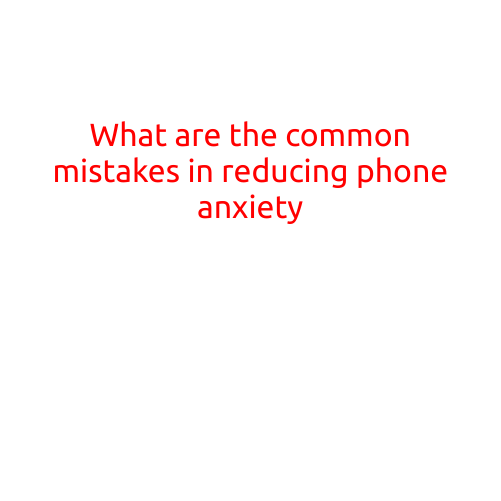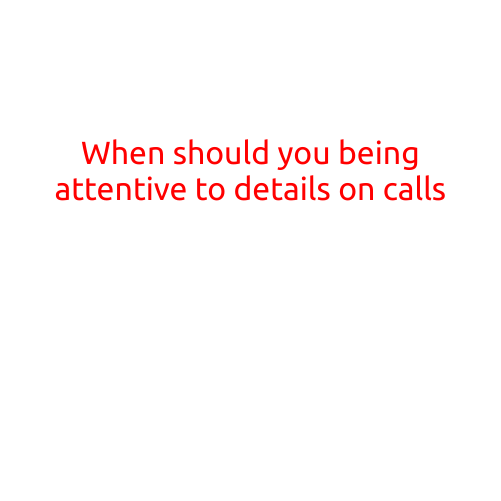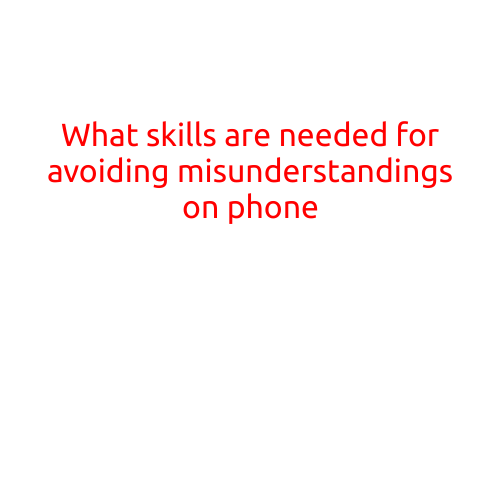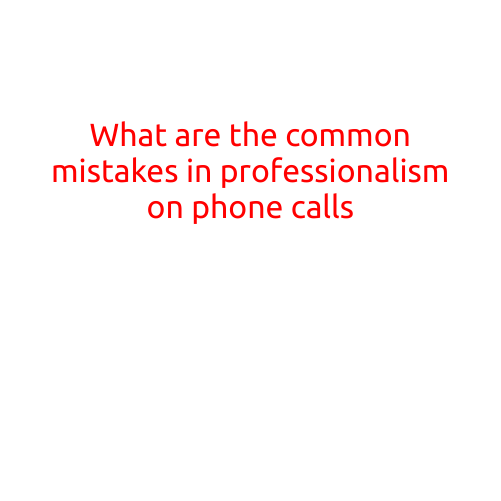
What are the Common Mistakes in Professionalism on Phone Calls?
In today’s digital age, phone calls have become an essential part of our daily communication. Whether it’s for personal or professional purposes, ensuring a professional tone and demeanor on phone calls is crucial. Unfortunately, many of us fall victim to common mistakes that can damage our reputation and relationships. In this article, we’ll explore the common mistakes in professionalism on phone calls and provide tips to help you avoid them.
1. Not Answering Calls Promptly
Delaying or ignoring phone calls can create a negative impression. It’s essential to answer calls promptly, especially when communicating with clients or customers. Aim to answer calls within 3 rings or less to show that you value their time and attention.
2. Poor Timing
Timing is everything when it comes to phone calls. Avoid making personal or non-urgent calls during peak hours or when someone is in a meeting. Be considerate of their schedule and wait until a more convenient time to connect.
3. Background Noise
Background noise can be distracting and unprofessional. Ensure you’re in a quiet and private space before making or receiving calls. If you’re in a noisy environment, ask to call back when it’s quieter.
4. Negative Language
Using negative language, slang, or jargon can come across as unprofessional. Speak clearly and calmly, using proper grammar and pronunciation. Avoid interrupting or talking over others, and instead, actively listen to what they have to say.
5. Lack of Preparation
Failing to prepare for phone calls can result in confusion, forgetfulness, or showing a lack of interest. Before making or receiving calls, review relevant documents, notes, and discuss with colleagues (if necessary) to ensure you’re well-prepared.
6. Inadequate Introduction
When starting a phone call, it’s essential to introduce yourself professionally. Clearly state your name, company, and purpose of the call to establish a connection and show respect.
7. Lack of Attention
Giving someone your undivided attention is crucial on phone calls. Avoid multitasking, such as typing or browsing while on a call, as it can be perceived as dishonest or lacking interest.
8. Inadequate Summary
After concluding a phone call, summarize key points and action items to ensure understanding and prevent miscommunication. Take notes and confirm any agreements or next steps.
9. Not Having a Script
Lack of a clear script or agenda can lead to aimless conversations or forgotten topics. Prepare a simple checklist or outline to guide your conversation and stay focused.
10. Not Following Up
After a phone call, it’s essential to follow up on agreed-upon tasks or next steps. Ensure you confirm deadlines and outstanding tasks to demonstrate your commitment to delivering on promises.
To avoid these common mistakes in professionalism on phone calls, remember to:
- Prepare thoroughly before making or receiving calls
- Be mindful of your tone, language, and body language (even though you’re not face-to-face)
- Be respectful of others’ time and attention
- Practice active listening and be attentive during conversations
- Follow up on agreements and outstanding tasks
- Continuously improve your communication skills and adapt to new situations
By being aware of these mistakes and taking corrective actions, you’ll be well on your way to delivering exceptional professionalism on phone calls.
